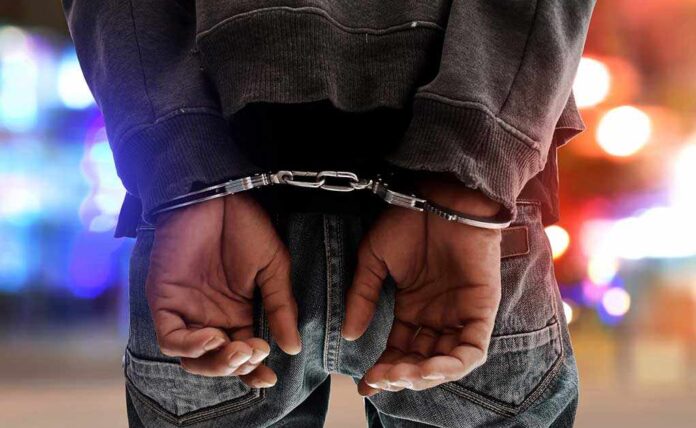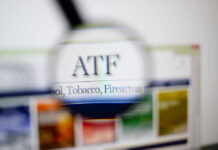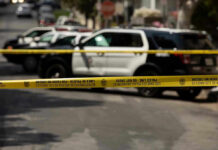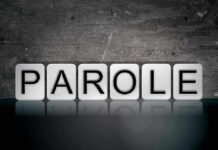The owner of a collapsed Dominican Republic nightclub that killed 236 people were arrested after attempting to intimidate witnesses who warned of the building’s structural instability.
Key Takeaways
- Antonio Espaillat and his sister Maribel were arrested on charges of negligence following the April nightclub roof collapse that killed 236 people and injured over 180.
- Former employee Gregory Adamés had warned about the potential roof collapse and has provided evidence to prosecutors, expressing fear for his safety.
- The nightclub had operated for nearly five decades with no structural review conducted in the 30 years the Espaillat family ran the business.
- Among the victims were prominent figures including singer Rubby Pérez, former MLB players Nelsy Cruz and Octavio Dotel, and other high-profile individuals.
- Rescue operations saved 189 survivors after 53 hours of continuous efforts, while relatives of victims have already filed lawsuits against the owners.
Nightclub Owners Face Criminal Charges
Authorities in the Dominican Republic have arrested Antonio Espaillat and his sister Maribel Espaillat, owners of the nightclub where a catastrophic roof collapse killed 236 people in April. Prosecutors have 48 hours to formally present charges against the pair, who stand accused of criminal negligence in failing to prevent the deadliest structural failure in the nation’s recent history. Beyond the negligence allegations, the siblings also face accusations of attempting to intimidate or manipulate potential witnesses following the tragedy, compounding their legal troubles as investigators build their case.
“Both defendants displayed immense irresponsibility and negligence by failing to physically intervene to prevent the club’s roof from collapsing, as it ultimately did, causing 236 deaths and more than 180 injuries,” said the Dominican Republic’s Attorney General’s Office.
Warning Signs Ignored
A damning revelation has emerged from former nightclub employee Gregory Adamés, who claims he warned management about the potential roof collapse before the disaster occurred. Adamés has provided evidence to prosecutors substantiating his claims and has publicly expressed concerns for his personal safety. “If something happens to me, it’s clear where it came from,” he said. “My intention is not to hurt anyone, only that the truth be known.” His testimony directly contradicts the defense’s portrayal of the collapse as an unforeseeable accident.
Antonio Espaillat, a prominent businessman who owns multiple entertainment venues and radio stations in the Dominican Republic, admitted that no structural review had been conducted in the 30 years his family operated the building. This admission raises serious questions about the lack of safety oversight at a venue that regularly hosted hundreds of patrons. The nightclub had been in operation for nearly five decades, becoming famous for its Monday night merengue parties that attracted celebrities and high-profile individuals from across the country.
Devastating Human Toll
The collapse resulted in staggering casualties, with 236 confirmed deaths and more than 180 injuries. Among the victims were several prominent figures including singer Rubby Pérez, former MLB players Nelsy Cruz and Octavio Dotel, a retired UN official, fashion designer Martín Polanco, an Army captain, and three employees of Grupo Popular. The loss of these notable individuals has amplified national grief and focused additional scrutiny on the nightclub’s operations and the apparent lack of building safety enforcement throughout the region.
“This is an involuntary homicide,” he said. “Nobody wanted that to happen,” said Miguel Valerio
Despite the defense attorney’s characterization of the event as an “involuntary homicide,” prosecutors appear to be building a case that the tragedy was preventable had proper safety measures been followed. The club itself released a statement acknowledging that the collapse “has deeply struck the hearts of all of us who are part of Jet Set and all Dominicans,” but this sentiment provides little comfort to the families seeking justice for their lost loved ones. Many relatives of survivors have already filed lawsuits against Antonio Espaillat.
Ongoing Investigation and Safety Concerns
A government-appointed committee that includes international experts continues to investigate the structural failure. Their findings will likely influence building safety regulations across the Dominican Republic, where it is reportedly uncommon for businesses to undergo regular structural inspections. The collapse has sparked national debate about government oversight of commercial buildings and the enforcement of safety codes, with many questioning how such a popular venue could operate for decades without proper safety evaluations.
Rescue operations following the collapse highlighted both the heroism of first responders and the inadequacy of emergency preparedness. Teams worked continuously for 53 hours to rescue 189 survivors from the wreckage. The scale of this disaster has prompted calls for a comprehensive review of building safety standards across the country, particularly for older structures and popular gathering places that routinely host large crowds. This tragedy may ultimately lead to meaningful reforms that could prevent similar catastrophes in the future.











